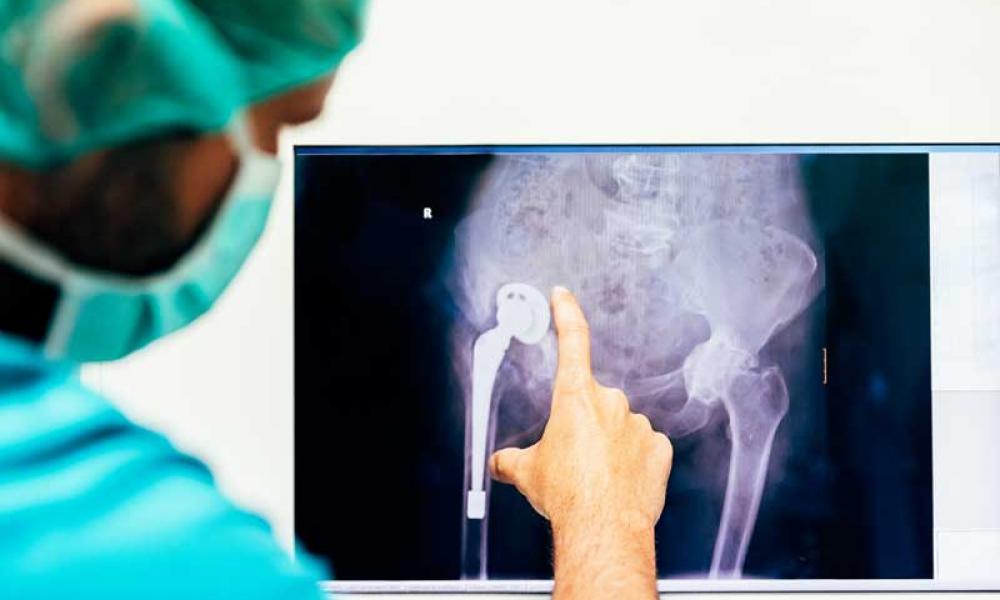
Orthopaedic surgeons use surgery to treat problems caused by disease and injury in the bones, joints and other structures that help to make your body move.
Most orthopaedic surgeons specialise in particular procedures or areas of the body. Some surgeons also specialise in certain diseases.
Your rheumatologist is likely to be familiar with the surgeons in your area. They can refer you to a surgeon with the relevant specialist interest.
Your rheumatologist or your GP will refer you to an orthopaedic surgeon if other treatments aren't providing enough pain relief.
How can an orthopaedic surgeon help me?
Offering advice on surgical procedures
Orthopaedic surgeons will discuss the available options for surgery. They will advise you on the potential pros and cons of having or delaying surgery, taking into account your age, health and level of activity.
The surgeon will also advise you about other treatments (where appropriate), explain the benefits and risks of each method and the likely outcome if you decide not to have treatment.
Performing surgery
Some treatments offered by orthopaedic surgeons include:
- joint replacements
- surgical fusion of a joint
- keyhole surgery to remove bone and cartilage debris
- fixing of fractures resulting from injury or osteoporosis
- repairs or reconstructions to tendons or ligaments.
Most people with arthritis won’t need surgery. Being referred to an orthopaedic surgeon doesn’t mean that you’ll definitely have orthopaedic surgery. You’ll always have the final decision on whether to go ahead with surgery or not.
Find an orthopaedic surgeon at the Australian Orthopaedic Association website or call them on (02) 8071 8000










